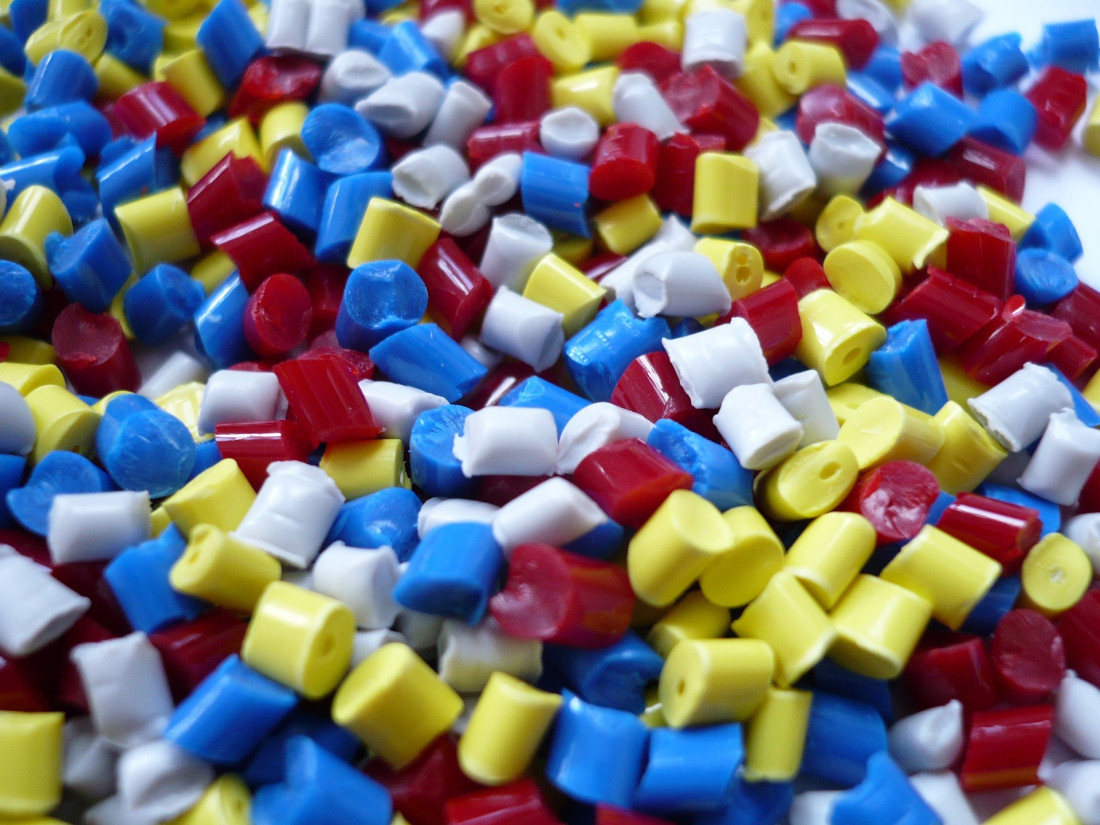Research chemists from Berkeley Lab in California have unlocked a class of polymers that they claim are cleaner and cheaper to produce than polycarbonate plastics. They also believe that the manufacturing processes will be easy to upscale, and will make less waste by-product.
Such is the excitement over this new range of polymers, that many are wondering if this class of plastics could replace polycarbonates as the ‘go-to material’ for the modern world.
The story begins in 2001, with the introduction of ‘click chemistry’ by the Nobel laureate K. Barry Sharpless. ‘Click chemistry’ is a concept in organic chemistry that describes a range of highly reactive, yet controllable reactions that have high yields, with little to no purification required.
As the Berkeley Lab website describes, “Following nature’s example, click reactions follow simple protocols, use readily available starting materials, and work under mild reaction conditions with benign starting reagents. Click chemistry has become a valuable tool for generating large libraries of potentially useful compounds as industries look to discover new drugs and materials.”
“Click chemistry is a powerful tool for materials discovery,” explains Yi Liu, director of the Organic Synthesis facility at the Molecular Foundry at Lawrence Berkeley National Laboratory, “but synthetic chemists are often not well-equipped to characterize the polymers they create. [Here at the Foundry] we can provide a broad spectrum of expertise and instrumentation that can expand the scope and impact of their research.”
Publishing their results in the journal Nature, the chemists report that, “Polysulfates and polysulfonates possess exceptional mechanical properties making them potentially valuable engineering polymers. However, they have been little explored due to a lack of reliable synthetic access.”
By using the Molecular Foundry, a facility that specializes in nanoscale science, a team led by Sharpless and Peng Wu were able to create long chains of linked sulfur-containing molecules, termed polysulfates and polysulfonates, using a SuFEx click reaction.
As the Berkeley Lab website explains, “Polymers are assembled from smaller molecules – like stringing a repeating pattern of beads on a necklace. In creating a polysulfonate ‘necklace’ with SuFEx, the researchers identified ethenesulfonyl fluoride-amine/aniline and bisphenol ether as good ‘beads’ to use and found that using bifluoride salt as a catalyst made the previously slow reaction ‘click’ into action.”
The research team have now published their results explaining how the new SuFEx catalyst was able to produce a high quality and durable polymer, with little waste. Stating, “Bifluoride salts are significantly more active in catalysing the SuFEx reaction compared to organosuperbases.”
Adding that, “Using this chemistry, we are able to prepare polysulfates and polysulfonates with high molecular weight, narrow polydispersity and excellent functional group tolerance. The process is practical with regard to the reduced cost of catalyst, polymer purification and by-product recycling. We have also observed that the process is not sensitive to scale-up, which is essential for its future translation from laboratory research to industrial applications.”
Similar results were published in the scientific journal Angewandte Chemie, where the catalyst’s high rate of effectiveness was noted. The report stating that, “The SuFEx-based polysulfonate formation reaction exhibited excellent efficiency and functional group tolerance, producing polysulfonates with a variety of side chain functionalities in >99 % conversion within 10 min to 1 h.”
The research team also found that the 99% efficiency rate of the catalyst meant that as much as 100 to 1,000 times less was needed, resulting in the production of significantly less hazardous waste. As Berkeley Lab notes, “Bifluoride salts are also much less corrosive than previously used catalysts, allowing for a wider range of starting substrate ‘beads,’ which researchers said they hope could lead to its adoption for a range of industrial processes.”
Given the wide-ranging use of polycarbonate polymers in making everything from goggles, to frames for glasses, drinks bottles, syringes, and even bulletproof glass, then a cleaner, cheaper polymer replacement could have a huge impact on the plastics industry. With the research team claiming that the manufacturer of polysulfates is efficiently up-scalable, then it might not be long before plastic manufacturers begin to change their products.
In fact, given the success of the work being done at Berkeley, it is possible that ‘Click Chemistry’ will lead to the development of even more new polymers, and other ground-breaking material discoveries. As Liu observes, “There are many new polymers that haven’t been widely used by industry before. By reducing waste and improving product purity, we can lower costs and make reactions much more industry friendly.”
Photo credit: Chinaperfectroof
Photo credit: Berkeley Lab

